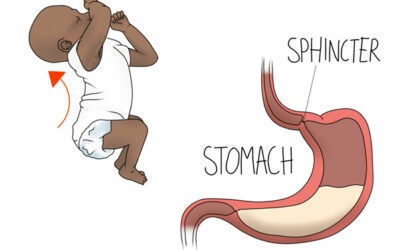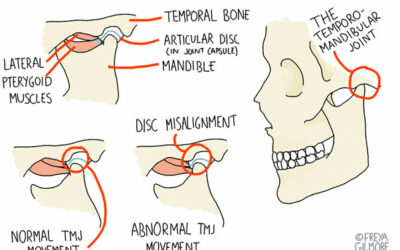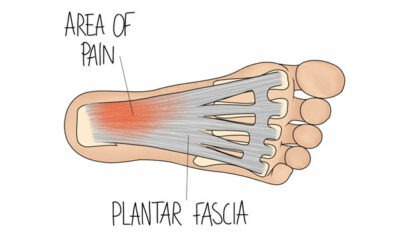Just one in 10 women wear high heeled shoes regularly. But with party season almost upon us, we reckon more ladies will be dusting off their stilettos to hit the dance floor at their festive knees-ups.
Did you know that high heels are one of the biggest factors leading to foot problems in women?
When a woman wears shoes with a heel of two inches or more, her foot slides forward in her shoe. This forces the toes into the unnatural shape of the shoe and redistributes her weight incorrectly. The increased weight on her toes causes the body to tilt forward. To compensate, she leans backwards, overarching her back and creating a posture that can put strain on the knees, hips and lower back.
Regular, prolonged wear of high heels can lead to lower back pain, sciatica and overworked or injured leg muscles. Over time, wearing high heels can shorten the muscles in the calves and back, leading to pain and muscle spasms. A shortening of the Achilles tendon can also occur.
Ultra-high heels force the feet into a position that puts stress on the ball of the foot. It’s at this joint that the long metatarsal bones meet the pea-shaped sesamoid bones and the toe bones. Too much pressure here can inflame these bones or the nerves around them, causing discomfort.
So how can you make sure that your choice of party footwear doesn’t lead to a night of pain? Here are some tips on choosing high-heeled shoes:
- It’s a little obvious but make sure your shoes are the right size to avoid your foot sliding forwards, leading to posture problems
- Opt for chunkier heels over stilettos – the greater surface area of a thicker heel helps distribute your weight more evenly, leading to less wobble and sprain risks from falls
- Add a soft insole which will help reduce impact on the knees
- After a night dancing in high heels, try this simple leg stretch: stand on the edge of a step with your shoes off; with your weight on the balls of your feet and your heels extending off the edge, drop your heels down to a stretch; repeat
- And if you already suffer from lower back pain, try to avoid wearing high heeled shoes at all.
If you find that the party season takes its toll on your feet, legs or back, our experienced team of 10 osteopaths can assess and look after your aches and pains. They will give you a thorough mechanical assessment to understand the underlying causes for your pain and discomfort, and find the best remedy for you as an individual.
Find out more about our osteopathy treatments
In addition, The Leeds Podiatry Clinic, housed within Good Health Centre and led by Andy Horwood, can help with specific foot pain. As one of the most experienced and dedicated podiatry practices in Leeds, they have specialist musculoskeletal knowledge and can offer treatments for a range of foot, ankle and lower limb problems.
Find out more about our podiatry treatments



0 Comments